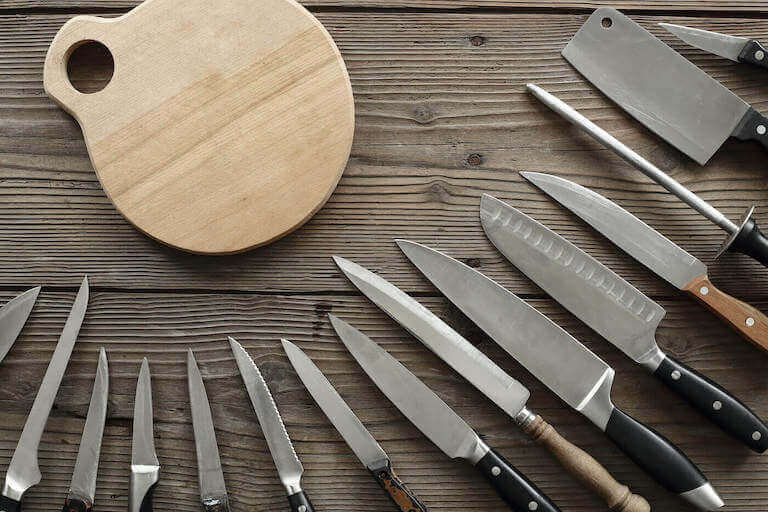First, you will be given a list of 3 important things you need to know about Cryo and Deep Cooling.
-
Why Cryo?
Deep cooling and cryo are normally done to convert retained austenite after hardening. This causes steel that would otherwise be in a soft form (austenite) to convert to the harder form of the steel (martensite). -
When will it happen?
This varies somewhat depending on the steel you use, but is usually done right after quenching, before tempering. f -
What is the difference between Cryo and Deep Freezing?
The difference between deep freezing and cryotherapy is the temperature. Deep freezing in the context of knife making is around -80C, while Cryo is most often -185C. This is a difference that in practice often means dry ice (-80C) or liquid nitrogen (-185C).
You don't need cryo!
Deep freezing (down to about -80C) is far from as cold as cryotherapy (about -185C), but research results show that there is no significant difference between deep freezing and cryotherapy. However, there is a difference between deep freezing versus just room temperature. So do you have to deep freeze?
You don't need to refrigerate either!
You can get good performance out of a high-alloy/stainless steel without either quenching or cryotreating. The reason why these steels are usually quenched is to get the absolute maximum out of the steel in question, and then it is often best to harden at a high temperature. Then you end up with more retained austenite (softer structure), but then quench to be able to convert this to the harder martensite. The alternative is (in most cases) to harden at a somewhat lower temperature, which gives less retained austenite, and then temper without quenching.
You will be able to get a good result without either cryo or deep cooling, but it is always best to choose steel based on the possibility you have to harden it correctly! Therefore, steels such as 80CRV2 and 1075 are often the steels that should be used by those who do not have access to precise temperatures and holding times, as these do not require either that or cooling treatment!


Leave a comment
All comments are moderated before being published.
This site is protected by hCaptcha and the hCaptcha Privacy Policy and Terms of Service apply.